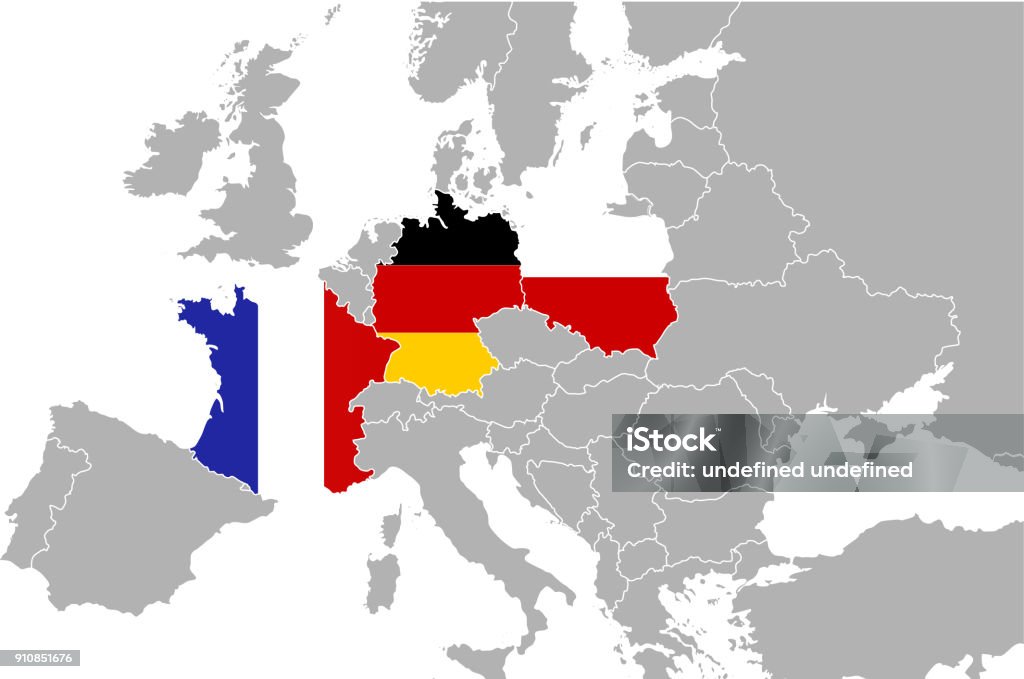
Velensky, Macron and Scholz meet in Paris.
Deploying Troops to Ukraine Causes a
Row Between Macron and Scholz
Benjamin Looijen / Euro Maidan Press
(April 6, 2024) — According to European Pravda, German Chancellor Olaf Scholz reacted with anger to French President Emmanuel Macron’s idea of potentially having allied troops stationed in Ukraine voiced at a summit of European leaders.
Macron first expressed his idea on the possibility of Western partners stationing their military in Ukraine at a closed meeting in Paris at the end of February, where he gathered approximately 20 allies to discuss support for Ukraine.
According to sources familiar with the discussion at the meeting, the leaders spoke in raised tones. Reportedly, the most emotional reaction came from Olaf Scholz, who, like the majority of participants, was taken aback by the proposal. Scholz was allegedly enraged.
He accused Macron of “trying to drag everyone into World War III,” the sources noted.
Scholz demanded that the conversation be halted because he was opposed to it. Therefore, there would be no consensus. Macron, apparently, was prepared for this and responded harshly to Scholz, explaining that his vote [Scholz – ed.] would not be the decisive one.
“We do not need a consensus on this issue,” the French president allegedly stated, emphasizing his desire to find and lead a group of bold states, which did not include Germany.
France Taking the Lead
As France was the first country where the possibility of sending troops to Ukraine in the future was explored, other countries have in recent weeks chimed in.
Some European countries immediately opposed the idea, including Germany, the Czech Republic, and Poland. However, the Baltic countries are much more open to it, praising France for ‘‘thinking outside the box.”
Poland later announced a shift from its previous opposition to the idea, noting that “The presence of NATO forces in Ukraine is not unthinkable,” Foreign Minister Radosław Sikorski said, adding that he appreciated Macron’s initiative.

The Weimar Triangle
Although rumor has it that Scholz and Macron have a difficult personal relationship, the German Chancellor publicly insists that — contrary to “what many people think” — he gets on well with Macron.
“Emmanuel Macron and I have a very good personal relationship — I would call it very friendly,” said Scholz.
It is partly for this reason, that the two heads of state have breathed new life into the Weimar Triangle — a regional alliance of France, Germany and Poland created in 1991 in the German city of Weimar, intended to promote cooperation in cross-border and European issues.
Through the Weimar Triangle, the two leaders are hoping to find a new a common language for handling Russia’s war of aggression against Ukraine, and seek to align their policies on Ukraine, highlighting the importance of unity in European support strategies for Ukraine.
Posted in accordance with Title 17, Section 107, US Code, for noncommercial, educational purposes.